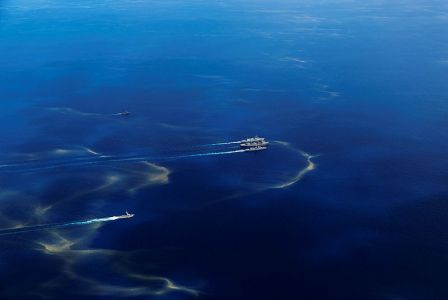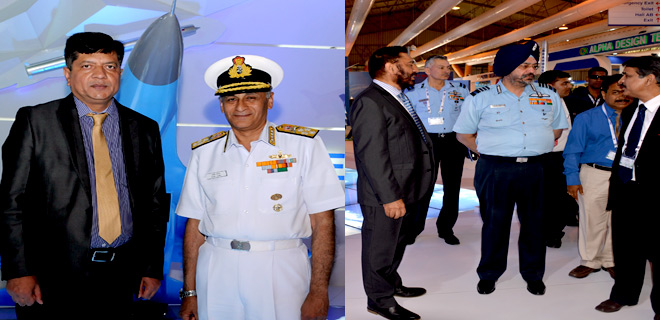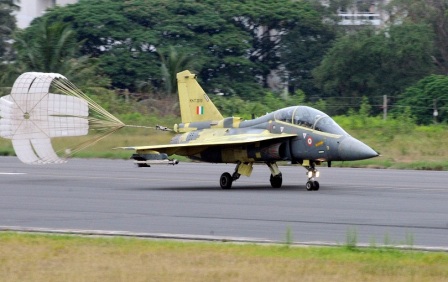
HYDERABAD (PTI): Advocating a nuanced approach towards China, former Navy Chief Admiral Arun Prakash has said a possible radical shift in US policies under the Trump administration could trigger instability in the Indo-Pacific and asked New Delhi to seek multi-lateral partnerships within the strategic region.
Till recently, the Indo-US relationship seemed to be following a mutually-beneficial trajectory that could have ensured a stable balance-of-power and peace in the Indo-Pacific, he said here.
However, the election of President Donald Trump has signalled a radical shift in many of America's long-standing policies which could result in heightened tension and instability in the region, the ex-Chief of the Naval Staff.
He was delivering a talk on `Security Issues in Indo-Pacific India's Response' at an international conference on `Changing Security Dynamic in the Indo-Pacific'.
"In the approaching era of uncertainty, it would be unwise for India to put all its eggs in any one basket and prudence demands it should seek multi-lateral partnerships within the region," he said, calling for a nuanced approach towards Beijing.
India's trade links, investment and diaspora today span an arc extending from Siberia and New Zealand to its east to Africa and Central Asia to its west, Prakash said.
"Any attempts (by China) to dominate waters of the Indo-Pacific would represent a grave threat to India's vital interests.
"While we lack the deep pockets and dynamism that underpins Chinese overseas initiatives, the India Navy has concluded formal agreements whereby its warships, submarines and aircraft can put into about 25-30 friendly ports across the Indo-Pacific for operational or other reasons."
"China's footholds in Indian Ocean locations, dubbed the 'string of pearls', are meant to provide it a network of port facilities, which could support long-range maritime operations," the Navy veteran said.
The 'Maritime Silk Road', a component of the 'One Road One Belt' initiative, pursues an even more ambitious agenda by creating a huge arc of maritime and economic influence across the region, according to him.
"The deployment of PLA Navy submarines in the Indian Ocean, that commenced in 2013-14, was a clear indication China seeks to not only gain strategic superiority across the Himalayas, but also to establish maritime dominance in the Indian Ocean with the Pakistani port of Gwadar as a key logistic base," Prakash explained.
"Commencement of work on the CPEC (China Pakistan Economic Corridor) project will further tilt the balance against India."
 Previous Article
Previous Article Next Article
Next Article













The Indian Air Force, in its flight trials evaluation report submitted before the Defence Ministry l..
view articleAn insight into the Medium Multi-Role Combat Aircraft competition...
view articleSky enthusiasts can now spot the International Space Station (ISS) commanded by Indian-American astr..
view article